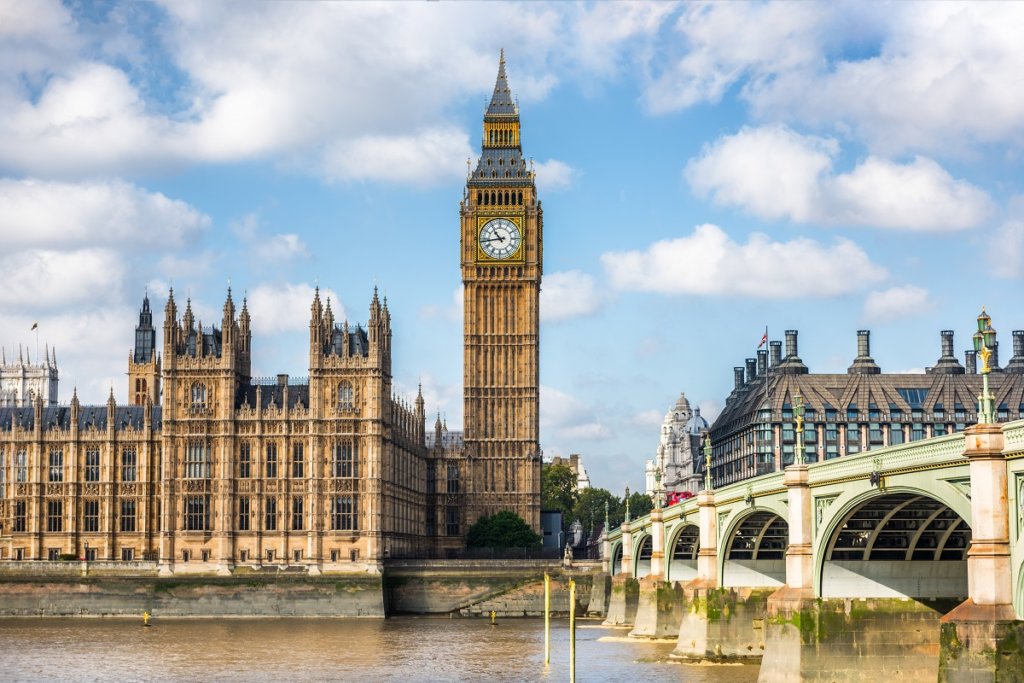The UK government plans to erect a statue of an Indian aviator who survived World War 1.
According to reports, on Nov. 8, the UK government announced plans to install a series of statues at the Foreign and Commonwealth Office (FCO) in London to honor over three million Commonwealth soldiers, sailors, airmen and labor corps who served in World War I. The statue of Hardutt Singh Malik, the first Indian to fly with the British Royal Corps, is one of them.
In a report news agency PTI said, the campaign is part of an initiative by the armed forces charity ‘There But Not There.’ As part of the campaign, three six-foot statues of World War I soldiers will be installed in the FCO to represent the contribution of Commonwealth servicemen from Asia, the Caribbean, Australasia, and Canada.
The FCO said in its statement, “Nearly 2 million Indian servicemen served in the First World War…Malik initially failed to qualify for the Corps but went on to be the sole Indian aviator to emerge alive from the war.”
Over nine million servicemen died in the Great War as World War 1 is also known. These include nearly one million from the Commonwealth countries as they helped secure victory for the Allied Forces, which included Britain, France, Russia, Italy, and the U.S., PTI said in its report.
Among the three symbolic statues is that of Ghanaian origin Alhaji Grunshi, the first soldier in British service to fire a shot in the war, and Francis Pegahmagabow, a Canadian expert marksman and scout who was awarded the Military Medal three times, the news agency added.
“It is fitting that in the centenary year of the First World War we honor the immense contribution of our Commonwealth soldiers. Their bravery was key to securing the Allied victory,” said UK Foreign Secretary Jeremy Hunt. “These men fought thousands of miles from their homeland, for a country they had never been to, but for a purpose they believed in. This installation will honor their heroism, shine a light on their stories and remind us that in the darkest hour people of all backgrounds can come together for a common cause.”
